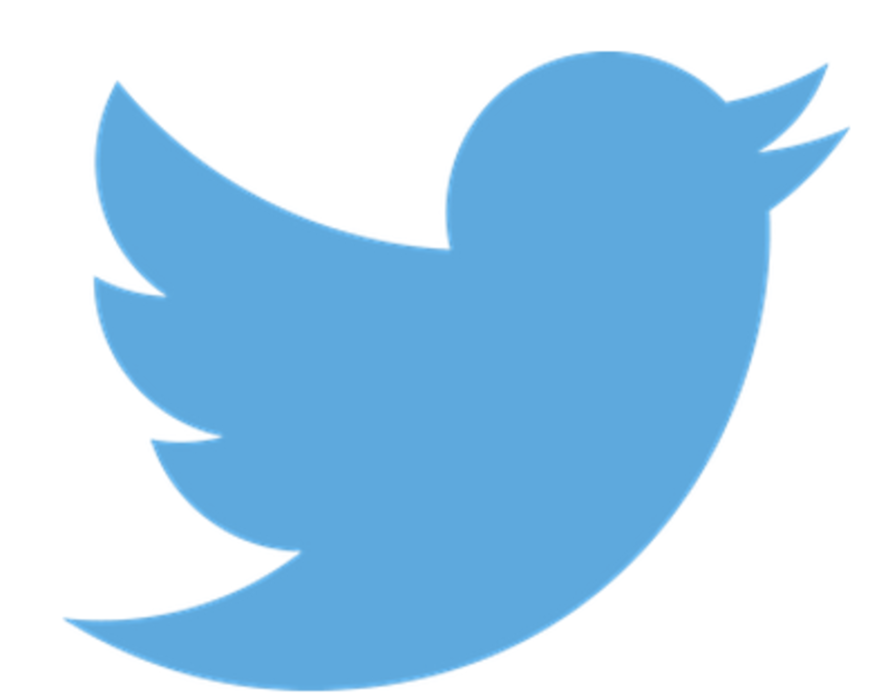On Sunday, the Seattle Seahawks will battle the New England Patriots in one of the three major “super bowls” on offer.
The second, of course, is the modern advertising bowl, where a number of lucky (or some may say foolhardy) companies pony up millions of dollars to get in front of those of 100M-plus viewers with the hopes of boosting awareness or sales.
The third, and most recent, is the idea that someone can win a real-time marketing moment, which came to the fore two Super Bowls ago. Yes, the Oreo moment.
I am sure some of our readers may have given up on the possibility that they will be able to spend a Super Bowl in the comfort of their own home anymore – the real-time war room must be assembled and the team must be ready for every gaffe, every moment that can be captured and recontextualized in the company’s Twitter’s brand voice (aka that of a teenager who has spent too much time on imgur). Brands will reply to other brands, especially those advertising, trying to ingratiate themselves into the conversation. We can’t wait to see what Ragu “#snackles.”
No one will win a real-time marketing Super Bowl, this year or any year. It is marketing at its least inspired – a thought that some infinitesimal jolt of humor in a sea of thousands of users making the same joke will engender brand loyalty. But this reality and social media presences and sites like Brands Saying Bae and Gawker’s running social media fails article cannot slow down the fervor that marketers have for this tactic.
This is straight out of Don Draper’s playbook. pic.twitter.com/8U5CrGKPEj
— Brands Saying Bae (@BrandsSayingBae) January 7, 2015
A representative at a social media platform I talked to said its clients were as primed as ever to capitalize on real-time marketing. This despite the fact that last year provided few moments that anyone can remember – save for thousands of jokes comparing the Denver Broncos struggles to other of life’s embarrassments and disappointments.
I get that it is tempting to throw resources behind an event that captures so much attention, but it also feels very much like it’s something companies and agencies – especially agencies – do because the alternative is the unknown. It is much easier to do something than say it’s not worth the time and risk the criticisms of inaction.
And it is pure fluff – I have yet to see any attempt to place a monetary value on any of these moments – it is easy to “win” something when there is no one keeping score. I am happy to be proven wrong and will write about any case studies that show definitive, sustainable results from a funny Tweet or series of Tweets from a brand in a sea of the like.
This is not to say that brands can’t identify a way to do real-time marketing wisely, a term that has never really been correct considering how much planning goes into any program. But when thousands of disparate brands are tweeting the same jokes, it’s clear that you’re just there to be there.
Smart brands zag where others zig, so kudos to those brands that go dark during the Super Bowl, hopefully giving their internal and agency teams a break to recharge and think about the bigger picture than try to get some ephemeral retweet approval among the crowd.








